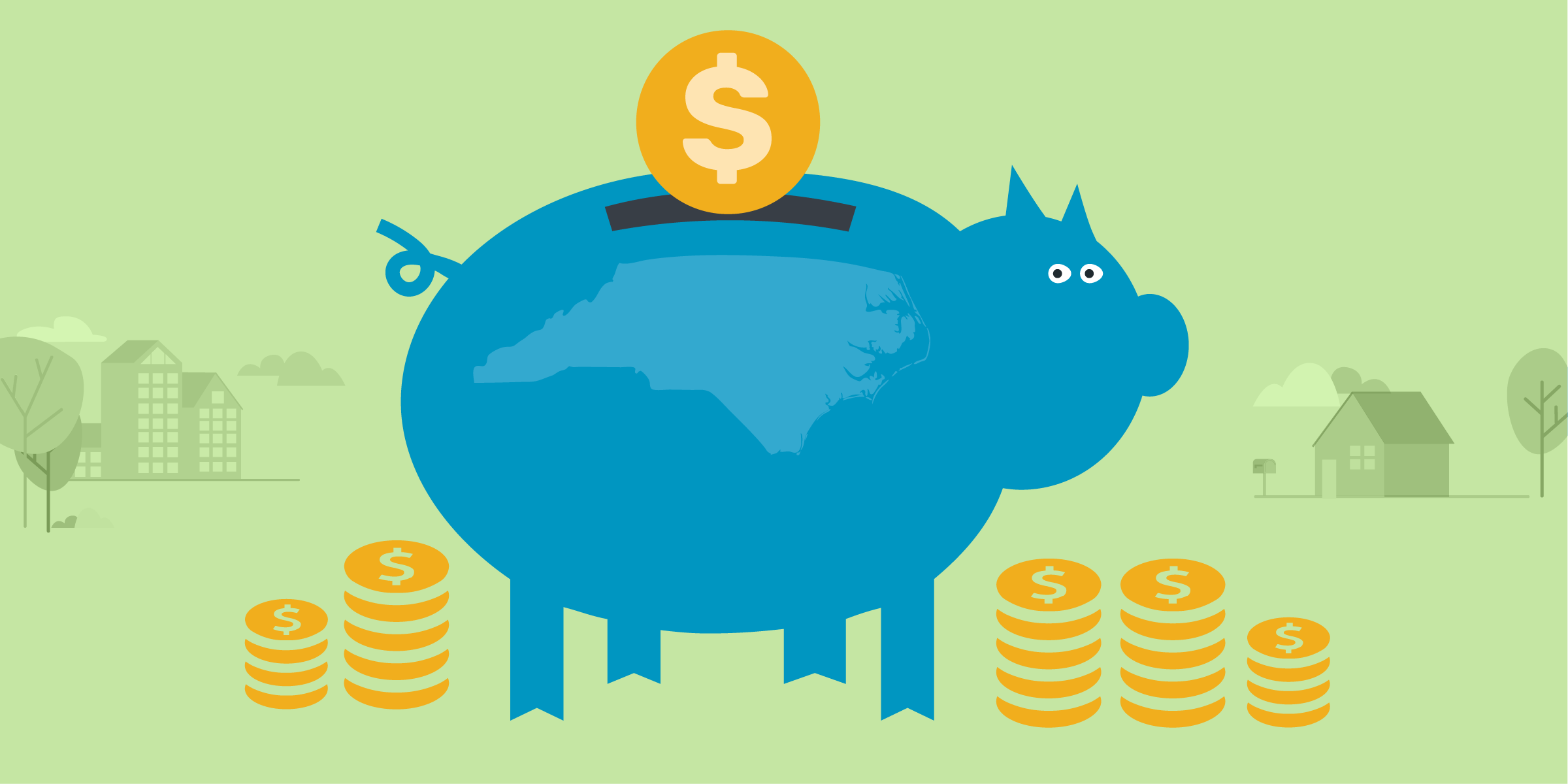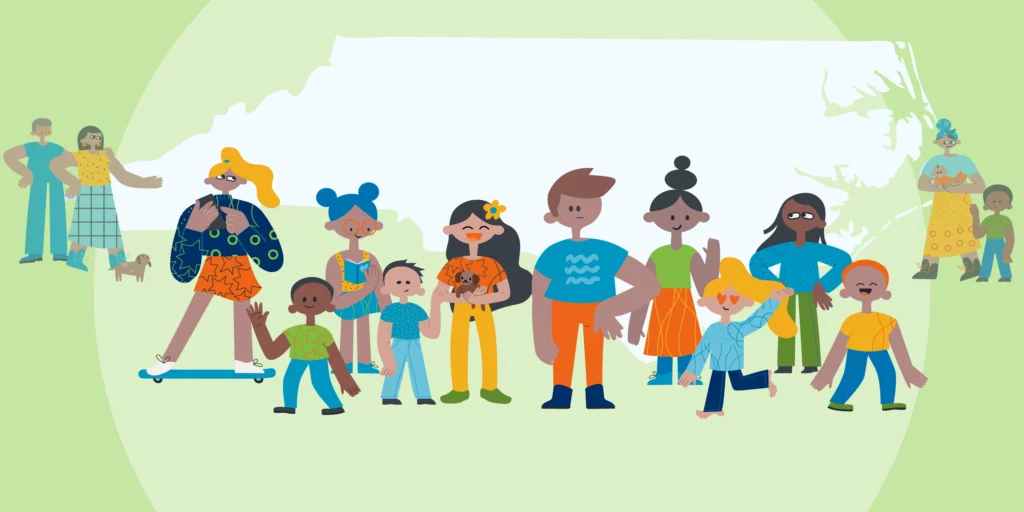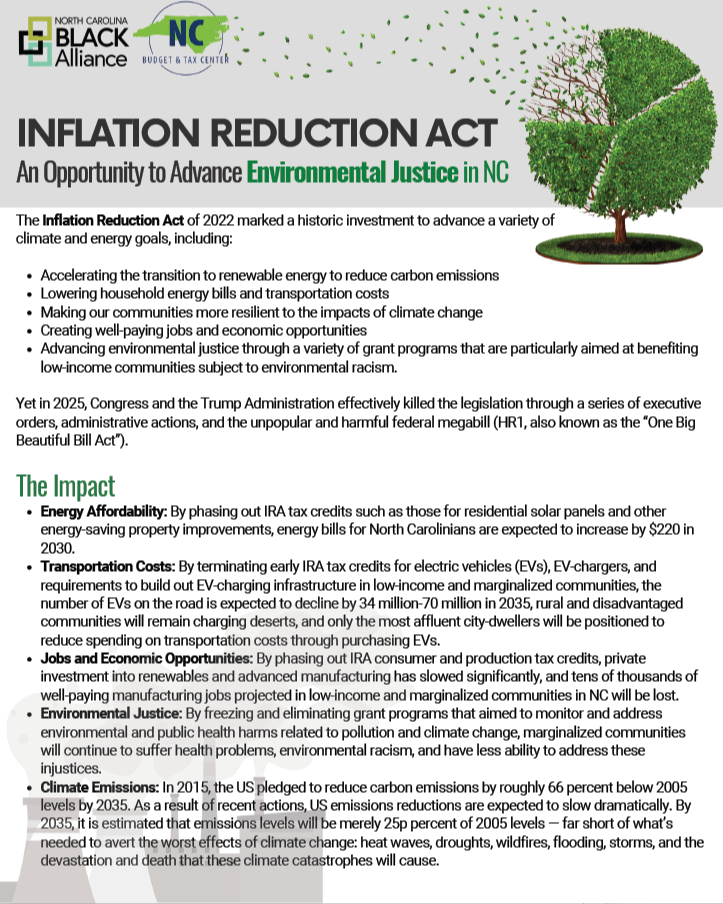
North Carolina General Assembly should pause next year’s tax cuts and instead invest $1B in affordability priorities
Unless leaders in the North Carolina General Assembly change course before the end of the year, Jan. 1 will bring unhappy news for North Carolinians fed up with the rising cost of living.
That’s the date that yet another round of state tax cuts goes into effect, with the personal income tax rate dropping to 3.99 percent from 4.25 percent, and the corporate income tax rate dropping to just 2 percent from its current 2.25 percent.
These rate cuts equate to a measly $5 tax cut for the 1 in 5 North Carolina families who earn less than about $25,000 a year — maybe enough to buy an extra cup of coffee sometime in 2026.
At the same time, the Jan. 1 rate cuts will shake out to an average cut of over $3,600 for the 1 percent in our state who have incomes above around $800,000 — enough for a new Gucci handbag, perhaps. (For regular North Carolinians, that kind of cash could cover more than two months’ rent for a two-bedroom apartment.) That 2026 state tax cut will come on top of the more than $60,000 tax cut the richest 1 percent in North Carolina will receive in 2026 from Congress’s “One Big Beautifull Bill.”
The problem for regular, hardworking North Carolinians isn’t only that these rate cuts don’t meaningfully boost their take-home pay. It’s that they’ll cost the state $1 billion in lost revenue next year compared to current rates. North Carolinians across the political spectrum repeatedly say they’d like state government to prioritize reducing costs ahead of cutting taxes. By stopping next year’s tax cut, the state could begin to address the cost of child care, housing, teacher and state employee pay, and numerous other cost-of-living issues impacting family budgets.
Instead of giving away $1 billion in tax cuts next year to the wealthy few, lawmakers could hit pause, hold our already-low tax rates where they are, and immediately make life more affordable.
$1 billion is equal to:
- A 10% average raise for teachers, free school breakfast for students, AND increased child care subsidy rates that are closer to the real cost of care, or
- A 5% raise for state employees AND funding to fill the 2026 State Health Plan deficit, or
- Full funding for the Medicaid rebase shortfall AND an 80% increase in state funding for mental health, substance abuse, and developmental disability services, or
- Funding for the Housing Trust Fund to support 100,000 North Carolina families in accessing affordable housing, or
- Subsidized child care for nearly 100,000 North Carolina children, or
- Funding for 17,000 North Carolina teacher salaries, or
- Annual state funding for NC State, App State, and ECU combined, or
- Food assistance for 1.4 million hungry people for four months
North Carolinians of all political stripes have been crystal clear about their priorities: It is more important for state government to reduce the costs of living than to cut taxes. Come Jan. 1, we’ll know whether state lawmakers have listened.




